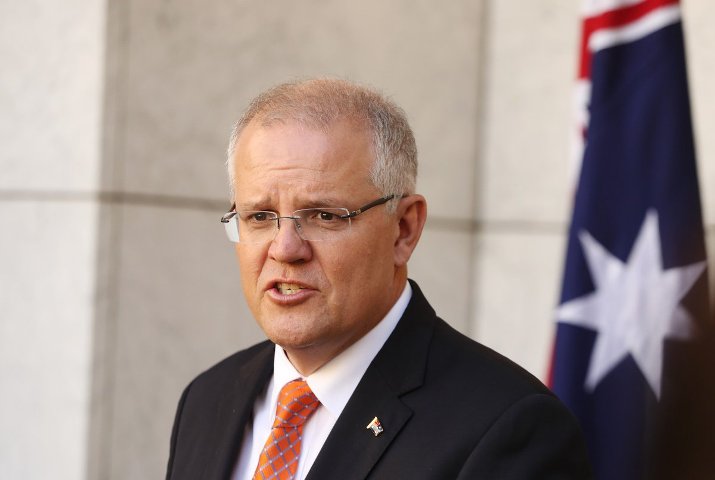Tax cuts are first test for Australian govt after May election victory

- Country:
- Australia
Australia's government faces its first legislative test after being returned in May's election when parliament meets on Tuesday, as it seeks support from independent senators to pass tax cuts needed to stimulate a stumbling economy. Prime Minister Scott Morrison's Liberal-led coalition wants to pass A$158 billion ($110 billion) in income tax cuts over a decade after campaigning heavily on its economic credentials in the run-up to its "miracle" election victory.
Morrison's ability to pilot the legislation through a parliament in which independents and minor parties hold the balance of power in the upper house Senate will offer an early glimpse of the style and tone of his three-year term. "It's got a less complex Senate, in terms of carving out a majority, than was the case before the election," said Frank Bongiorno, a political historian at Australian National University. "That clearly is a benefit."
Morrison's coalition will hold a two-seat majority in the lower house after appointing the speaker. It holds 35 of 76 seats in the Senate, up from 31 before the election. That means, in order to pass laws, it will often need to draw on cross-bench support provided either by independent or minor-party lawmakers. Most are right of centre, sympathetic to the government and some have already indicated willingness to back the tax cuts. "(It is) in the national interest (and) the interest of our economy," Finance Minister Mathias Cormann told ABC radio.
Near-term relief, which could deliver hundreds of dollars in refunds to millions of tax-payers within weeks, would also be welcome news for hard-pressed retailers, as consumer spending languishes and the economy grows at its slowest in a decade. "It will provide some good support to incomes, particularly for households in the low-to-middle income bracket more likely to go out and spend," said Janu Chan, a senior economist at St George Bank in Sydney.
"There's not a lot of other avenues for support," she said, referring to Australia's record-low interest rates and headwinds such as stagnant wage growth, high household debt and a weak housing market. The opposition Labor Party, which proposed its own tax cuts in the runup to polls, says it supports near-term relief, but not longer-term cuts planned to take effect in 2022. Key tasks flagged by the government are industrial relations reform and a tougher line in regulating internet giants, such as Facebook Inc and Alphabet Inc's Google. ($1=A$1.4284)
(This story has not been edited by Devdiscourse staff and is auto-generated from a syndicated feed.)
ALSO READ
Businessabc.net Rebrands from Openbusinesscouncil.org And Unveils The Top 10,000 Public Companies Market Cap integrating AI Blockchain Technologies
Israeli missiles hit site in Iran, ABC News reports
Israeli missiles hit site in Iran, ABC News reports
WRAPUP 1-Israeli missiles hit site in Iran, ABC News reports
Israeli missiles hit site in Iran, ABC News reports










